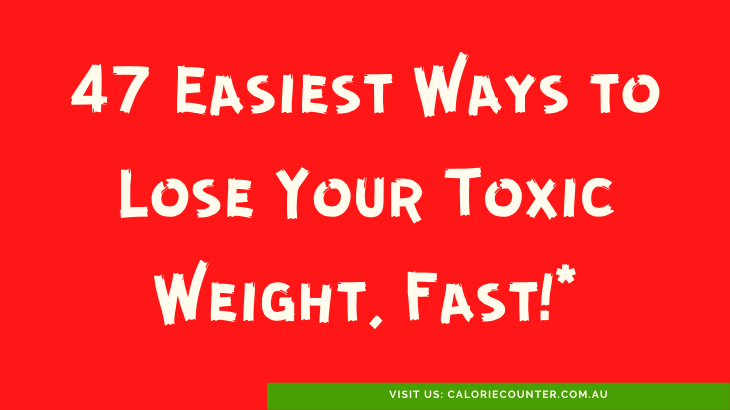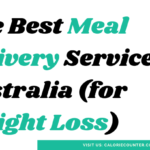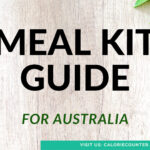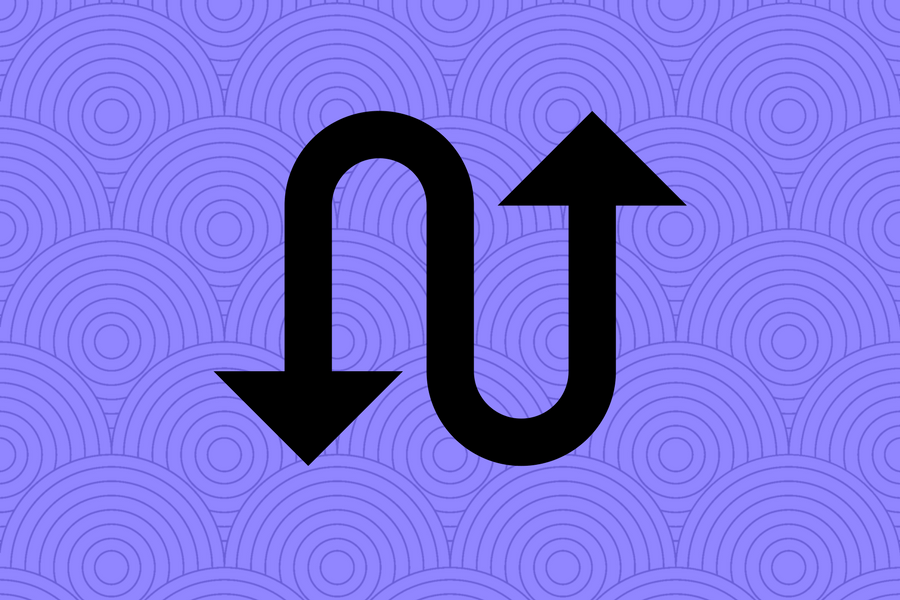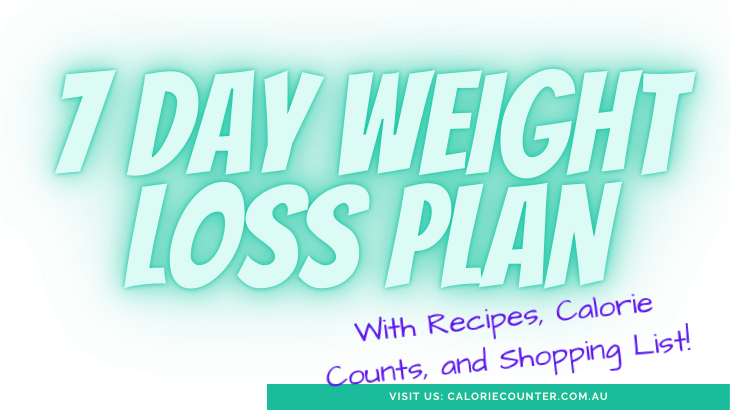What is an impulse? The dictionary defines it as a “… sudden, involuntary inclination prompting action…”. When we act under impulse, we make snap decisions to do things that we had not planned to do before we set out. How many times have you stopped to find yourself doing something crazy in the afternoon and reflecting that you had no inkling about doing it when you woke up that morning?
Blame your Brain
Our brains are hard-wired to make impulsive decisions, because it is often necessary to change our plans when new information presents itself. The area of the brain responsible for acting quickly on choices is called the Right Orbitfrontal Cortex. Some studies show that people with a relatively small Right Orbitfrontal Cortex are more prone to act on impulse. When we discover a new option with a possible reward for making a fast new decision, this part of our brain goes into overdrive, quickly weighing up the pros and cons of changing the original plan.
If the impulse wins, “Poof!” goes the plan. Without impulsive decision-making, we would undoubtedly miss out on opportunities that don’t last. If you went out to look for berries deep in the woods, you will quickly change plans and return home laden with fruit if along the way you discover a tree full of ripe apples at arm’s length. If you resist the impulse to pick apples and instead push on for the berries, you might return with thorn scratches and nothing to show for the trip if the possums have eaten all of the berries.
The Dark Side
Some of life’s best decisions are made on impulse, like asking a girl out on a date and finding yourself happily married 20 years later. Acting on impulse is exciting for you and those around you, it gives us joy in spontaneity and makes us eager to see what the next minute brings.
Unfortunately, there is a dark side to impulsive acts. Sometimes our impulses are unhealthy, as in the case of binge eating and poor food choices. It can be very difficult to resist the impulse to buy a large tub of Chocolate Ice Cream when it is displayed in front of you at the supermarket. Then, it is very difficult to resist the impulse to dive into it with a big scoop spoon when you watch Game of Thrones.
Now, there is nothing wrong with an ice-cream bender once in a while, but what often follows is regret, self-loathing, shame, and a feeling of not being in control. Even though bingeing on a tub of ice-cream will not immediately cause a noticeable weight-gain, you might feel as though the outside world can see your shame when you venture out the next day. This negative feeling can lead to a cycle of unhealthy behaviour, which can self-perpetuate and cause an ongoing problem.
A Solution
One solution to managing impulsive acts is to remove or add the conditions or temptations which have caused bad or good impulsive decisions in the past. If you have blown a pay check on the Pokies before, then stop going to hotels which have them, instead find a nice café or upscale bar. If you previously found joy in supporting an unusual street busker, then stroll across a busy city square on a summer afternoon.
When it comes to choosing the contents of your shopping trolley at the supermarket, an option is to avoid the trip altogether.
Follow these steps:
- Eat one of your regular meals so that you are not hungry or thirsty.
- Write down a list of groceries you need for the next week.
- Visit an online store and order exactly what is on your list. Junk food is much less tempting when it is just a small picture arranged in a category with everything else.

